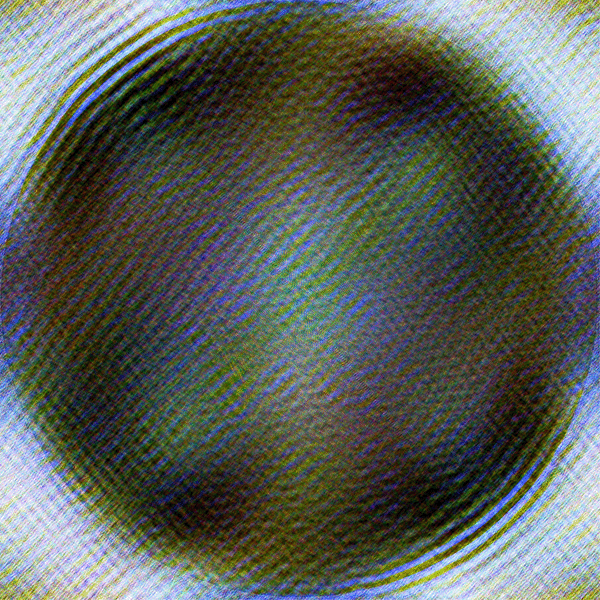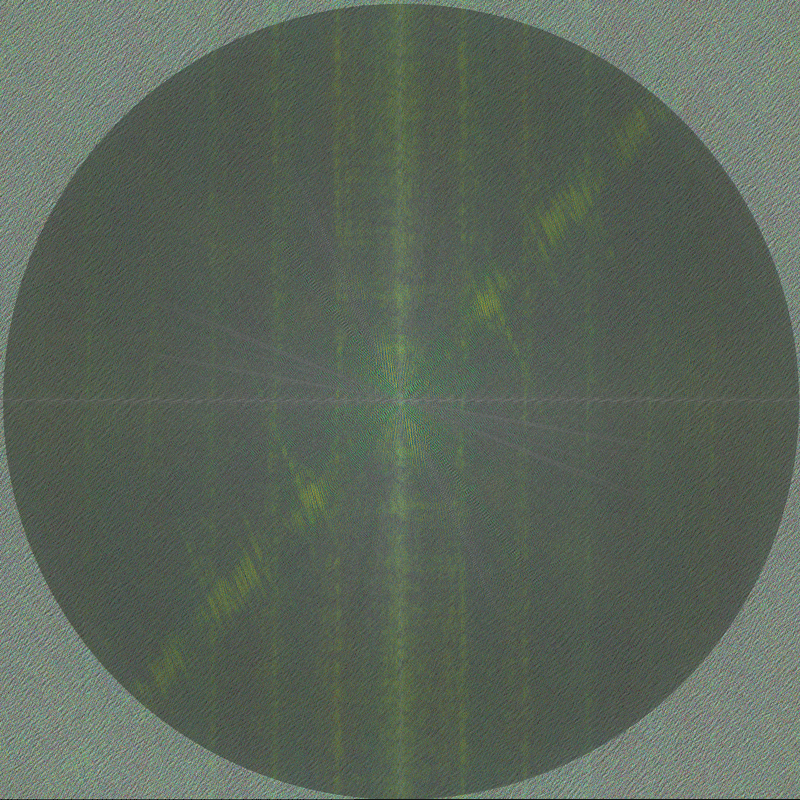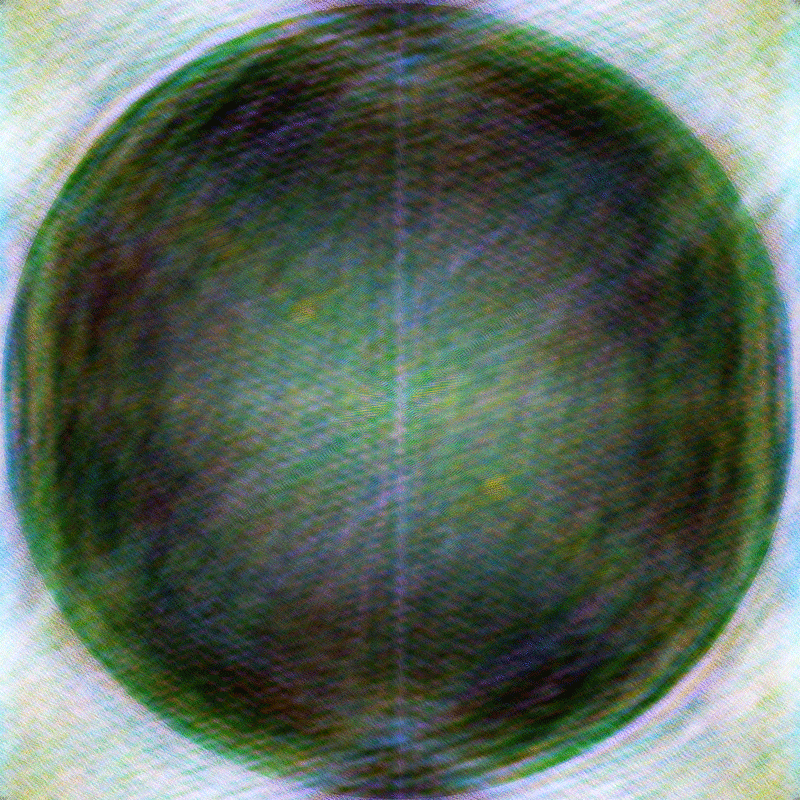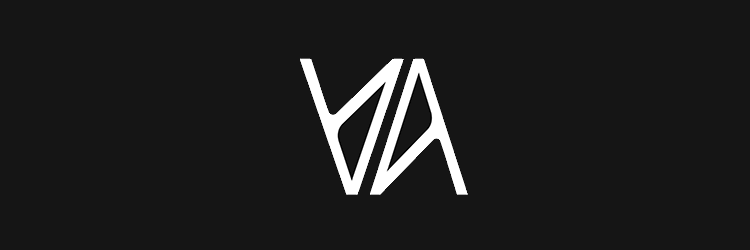
2025 4.11
Digital / Casette
Mastering: Taku Unami
Cover Art: Rodrigo Faustini
Graphic Design: Grégory Ambos
Text&Curator: Tetsuya Maruyama
Release: ato.archives
ata014
ata012-14 are curated by the film artist Tetsuya Maruyama.
キュレーター Tetsuya Maruyama によるコンピレーション解説
-Excerpt from the text on the tape sleeve-
The phrase “cinema to be heard” feels almost clichéd, as though it implies that cinema isn’t inherently something you listen to. What about “music to be seen”? That, too, feels off, as if music weren’t something that could be visualized. Similarly, terms like “silent cinema” or “invisible music” fail to fully resonate.
Cinema has always been something to listen to, even in the era of silent cinema. The creaking of chairs, the hum of the projector running throughout the screening, the sound of rain and wind hitting makeshift theaters, and the voices of the audience reacting or chatting among themselves — all of these were part of the cinematic experience. So, what is a “film without sound”? Perhaps it’s akin to “music without vision.”
David Tudor once remarked at a conference, “The music I create is not experimental. It’s not an experiment because I know everything about it before I make it.” Are the artists in this compilation conducting “experiments”? Whether or not their experiments succeed is another question entirely. But the act of listening to film is undoubtedly experimental. It becomes something that could be called “cinema heard,” rather than “music listened to.” Fittingly, this compilation is titled Cinema Ouvido (Heard Cinema) in Portuguese.
Ж
Ж (São Paulo, 198-) film-designer, programmer, educator & editor
Has a non-specialised and situated practice that explores the energetic, material,economic, political, and emotional cycles of (semio)capitalism. His work uses various strategies, materials, and media to reveal how these forces shape perception,memory, and subjectivity, especially in the context of our current ecological crisis.
His artistic propositions have taken the form of films, video installations, counter-spaces, writings, performances, and public space interventions, all aimed at reintegrating artistic practice into specific social and political contexts.
John Melo
Visual artist, designer, and teacher of audiovisual arts. Graduated from the MAE (Master’s in Technology and Aesthetics of Electronic Arts) at the National University of Tres de Febrero (UNTREF), Argentina. Interested in the relationship between arts, technology, ancestry, and transdisciplinary and experimental work. Studies non-linearity in artistic creation processes, poetic thinking, magical thinking, spirituality, and political and social actions, with a deep interest in pedagogy. Their work combines creative languages such as installation, sculpture, illustration, writing, sound, and video primarily. Previously a tutor in the training program for self-taught artists at the Museum of Modern Art in Bogotá (MAMBO PFA)
In 2022, founded SEPAE (Seminar of Editing and Experimental Audiovisual Thinking). Also involved in”Colectivo Tal Cosa,” a transdisciplinary project combining biology, sound exploration, intuition, and non-linear thinking in creative processes. A member of “2 horas de diferencia coletivo,” a space connecting Brazil, Argentina, and Colombia for projects that conceptually link the three territories. Part of the art collective “Blanco Conejo” in Bogotá, aiming to share, promote, and experiment with contemporary
modes of creation.
Rodrigo Faustini
Rodrigo Faustini is a Brazilian artist and researcher, based in São Paulo/ Campinas. His practice focuses on mediation, materiality and noise in audiovisual forms. His work has been exhibited at Centro Cultural Kirchner, Images Festival, Bienal de la Imagen en Movimiento, Annecy international animation festival, Vienna Shorts, Festival de Cine de la Habana, and others.
Francisco Álvarez Ríos
Francisco Álvarez Ríos (1991 – Ecuador) is a filmmaker, curator, archivist, and visual and sound artist. He currently serves as the director and curator of the Festival Internacional de Cine Contemporáneo Cámara Lúcida.
As a filmmaker, he explores reality and its escapes, focusing on the demystification of the image beyond the literal recording of the real. His current practice delves into moving images, sound interpretation, film installation, and performance film—practices that coexist and interact within the less-defined territory of the contemporary expanded cinema.
Martín Baus
Multimedia artist, filmmaker, musician, researcher and teacher. My artistic practice investigates the relationships between history, materialism and perception, converging my interest in the political dimensions of listening, the reappropriation of archives, and the procedures of translation between materialities such as celluloid,sound and text. I’m a member of CEIS8, a collective for experimentation with film formats and photochemical processes based in Santiago de Chile, and co-director along with Andrés Baus, of the independent record label Radio Fome, which releases improvisation-based music and sound pieces. I’m interested in aurality as a tool for a radical pedagogy from Latin America, as well as methodology for artistic and practice-based research.
I enjoy engaging with the sonic realm from non-audible or non-sonorous approaches, therefore, I’ve done poetry books related to listening and wording, text installations that engage with opaque language translation procedures, publications around the links between salsa rhythms, migration and working-class struggles, and fictional writings that speculate on the future of sound archives and digital archeology.
Lucía Malandro
Lucía Malandro is a renowned Uruguayan filmmaker dedicated to the preservation and restoration of cinematic and photographic heritage.
A graduate of the Escuela de Cine y Televisión de San Antonio de los Baños, Cuba, with a specialization in Documentary Directing, she continued her studies with a master’s degree at Elías Querejeta Zine Eskola at the University of the Basque Country, Spain. As the founder of the Archivistas Salvajes collective, Malandro has taken initiative to rescue a little-known legacy: Cuba’s underground cinema of the 1970s and 1980s, a clandestine movement that emerged on Havana’s rooftops in response to official restrictions.
Since 2019, she has directed several short films focused on the reuse and revaluation of cinematic and photographic archives, earning recognition at prestigious international festivals. Additionally, she has contributed as a film critic to various publications, including the official newspaper of the San Sebastián Film Festival in 2023.
Malandro has worked on the restoration of archives at the Cinemateca Portuguesa and has contributed to research and archival projects such as Piezas Cinéticas and Vanguardia Scópica, collaborating with institutions like Gordailua, the Basque Film
Ivonne Sheen Mogollón
My projects are developed as experimental audiovisual, photographic and sound works, publications, texts, curatorial work and organization of cultural initiatives. From a personal and critical voice, I explore questions and reinterpretations about my surroundings, structures, archive images, my family history and the hegemonic learning that we assimilate. I am interested in self-management and the collective creation of spaces and experiences. I currently live in between Cologne, Germany, and Lima, Peru. My film Animal Within co-directed with Rebeca Alvan has been showcased in different platforms and festivals in Latin America, Europe and the USA. I am co founder of Taller Helios and associate collaborator of Isole_islas.
Javier Plano
Javier Plano is an artist and university professor that works and lives in Buenos Aires. He has a college degree in Electronic Arts from UNTREF, where since 2014 he has been teaching courses about time based media and audiovisual performance arts. He’s currently doing a master’s degree in Sound Art at UNTREF. In 2007, he begins to produce video works and installations, participating in various festivals and exhibitions organized by institutions locally and abroad. He has received numerous distinctions for his works, among others an honorable mention in the MAMbA / Fundación Telefónica Award for Arts and New Technologies, the 3rd prize in the UNTREF award to the Electronics Arts, and three different honorable mentions at the National Salon of Visual Arts. On 2016, he has his first solo exhibition, titled “Test Patterns”, in the MACLA (La Plata, Argentina). That same year he attends an artistic residence program on Signal Culture (NY, USA), with a scholarship granted by the Department of Cultural Affairs of Argentina. In 2019, he does his first solo exhibition in Buenos Aires at the Eduardo Sívori Museum, and wins a Scholarship of the Fondo Nacional de las Artes to develop a new project.
Pablo Mazzolo
Pablo Mazzolo (Argentina) is a filmmaker and educator born in Buenos Aires in 1976. He works exclusively in analogue film formats exploring the optical and chemical properties of the medium, with a particular focus on human and natural landscapes. His work has tackled themes such as indigenous sovereignty, the spectre of military dictatorship, extinction and environmental catastrophe.
He received an MFA from the University of Buenos Aires (2001). His films, including Diego La Silla (2000), Oaxaca Tohoku (2011), El Quilpo sueña cataratas (2012), Fotooxidación (2013), and Ceniza Verde (2019), have been widely exhibited at festivals, museums, and galleries internationally, including Arsenal Institute for Film and Video Art, Museo Nacional Centro de Arte Reina Sofía, Melbourne International Film Festival, Berkeley Art Museum and Pacific Film Archive, The Block Museum of Art, Govett-Brewster Art Gallery, Anthology Film Archives, Mar del Plata International Film Festival, Brooklyn Museum, The Buenos Aires Museum of Modern Art, TIFF Wavelength, International Film Festival Rotterdam, New York Film Festival, Edinburgh International Film Festival, Punto de Vista Festival, Frontera Sur International Non-Fiction Festival, Museo Tamayo, Valdivia International Film Festival, FAMU International, The Latin American Museum of Art Buenos Aires, Chicago Underground Film Festival, San Francisco Cinematheque, The Friedl Kubelka School for Independent Film, (S8) Mostra de Cinema Periférico, and Cinemateca Madrid, among many others.
His film Conjectures (2013) won Grand Prize, Media City Film Festival (2013); Fish Point (2015) was awarded the Kodak Cinematic Vision Award, Ann Arbor Film Festival (2016); and Cineza Verda (2019) was awarded Grand Prize, Buenos Aires International Festival of Independent Cinema (2019). Mazzolo is Professor at the National University of Quilmes, works as a freelance documentary film editor, and teaches workshops on visual perception and image creation to young people living with autism. He lives and works in Buenos Aires, Argentina
Rosana Cacciotore
Experimental filmmaker, documentary filmmaker, photographer, teacher, and audiovisual researcher. Graduated in social communication with a master’s and a PhD degree (thesis defense) in literary theory from UFSC/BR. She has taught film and visual poetics courses, had films screened in national and international festivals, and participated as a debater, curator, judge, and reviewer in festivals, shows, and film notices. She has a book and articles published.
In experimental work, I usually make the sound myself; I think it is part of the creation process. About sound in these works, I assume sound is an image that produces meaning (or sensation) as a sign independent of the image.
Curator: Tetsuya Maruyama
Born in 1983 in Yokohama, Japan. Graduated from the University at Buffalo’s School of Architecture in 2007 and from the Visual Language Department of the Federal University of Rio de Janeiro’s School of Fine Arts in 2024. His work spans film, text, performance, sound, ideas, and installation, without prioritizing any particular medium.
Maruyama’s practice is rooted in recontextualizing ordinary elements and textures, presenting them as ephemeral records of everyday observations. As an independent programmer and researcher, he has curated screenings of Brazilian experimental cinema across the United States, Argentina, Brazil, Japan, and Canada. He is also the founder of Megalab, an artist-run film lab based in Rio de Janeiro. His works are distributed by Light Cone, a nonprofit organization dedicated to experimental cinema in Paris.


